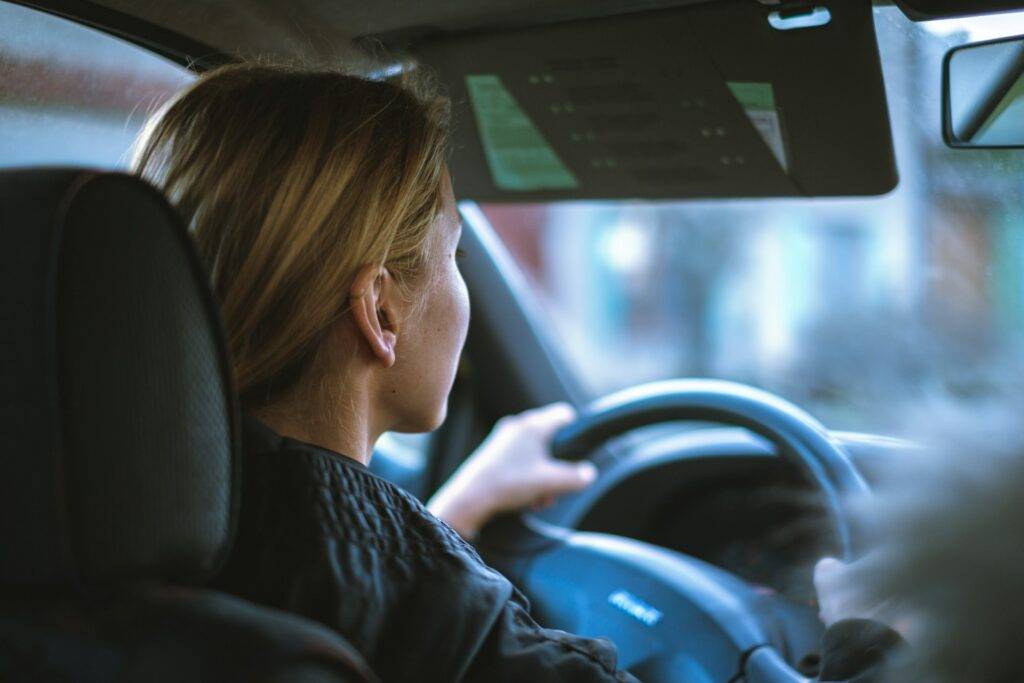
Mastering the French Driving Licence Exchange Process
Exchanging your foreign driving licence for a French one is often a key step in settling into your new life in France. However, navigating the formalities, paperwork, and language barriers associated with the exchange process can be challenging for English-speaking expats. Acquiring a comprehensive understanding of the requirements and procedures for exchanging your driving licence will help you overcome these obstacles, ensuring a smoother transition into your new life in France.
In addition to the information provided in this guide, the experts at French Connections HCB can offer invaluable assistance in simplifying the driving licence exchange process. Their knowledge and experience in liaising with administrative authorities and navigating language barriers will be invaluable in helping you tackle this vital aspect of life in France.
This article will discuss the steps involved in exchanging your foreign driving licence, including determining eligibility, gathering necessary documents, and submitting your application. By partnering with French Connections HCB, you will be better equipped to handle the complexities of the licence exchange process, ensuring that you can hit the road with confidence and enjoy the boundless pleasures that life in France has to offer.
Mastering the French Driving Licence Exchange Process
1. Determining Eligibility for Licence Exchange
Not all expats need to exchange their driving licence, depending on their nationality, licence validity, and the duration of their stay in France.
– European Union (EU) and European Economic Area (EEA) Licence Holders: You can use your licence in France as long as it remains valid. When it expires, you can exchange it for a French licence without taking additional tests.
– Non-EU/EEA Licence Holders: If your licence is from a non-EU/EEA country, you are allowed to use it for one year from your arrival in France. After this period, you must exchange your licence for a French one.
2. Required Documents for a Driving Licence Exchange
Gathering the necessary documents in advance will streamline the licence exchange process.
– Original driving licence: Provide your current driving licence, stamped with your entry date if you’re a non-EU/EEA licence holder.
– Certified translation: If your licence is not in French, you’ll need a certified translation or an International Driving Permit.
– Proof of identity: Passport or national ID card.
– Proof of residence: A utility bill or rental agreement showing your address in France.
– Passport-sized photos: Two recent photos conforming to French standards.
– Form Cerfa 14879*01: This form is a request for a French driving licence and confirms that you’re surrendering your foreign licence. The form can be downloaded from the French government website.
3. Submitting Your Application
Following the correct submission process will ensure a smooth and efficient application.
– Application via ANTS website: For most applicants, the process is managed through the Agence Nationale des Titres Sécurisés (ANTS) website (source: https://ants.gouv.fr/). Create an account, complete the online form, and submit your scanned documents.
– Application via the local prefecture: Navigating the ANTS website may be challenging for non-French speakers. Alternatively, you can visit your local prefecture or sub-prefecture, although you may still need a French speaker to assist you. Be prepared to provide copies of the necessary documents.
4. Using Your Temporary Licence and Receiving Your New Licence
Once you’ve submitted your application, you’ll receive a temporary driving permit and await your new licence.
– Temporary driving permit (récépissé de dépôt de permis): After submitting your application, you will receive this document, which allows you to drive legally in France while awaiting your new licence. It is valid for up to eight months.
– Receiving your French driving licence: Your new French licence will be mailed to your address within a few weeks to a few months, depending on local processing times.
Navigate the Licence Exchange Process with French Connections HCB
Exchanging your driving licence is an essential aspect of settling into your new life in France. Understanding the process and having expert guidance from French Connections HCB will help you tackle this challenge with ease, allowing you to focus on embracing your new home.
By partnering with French Connections HCB, you can benefit from their experienced team’s invaluable support in navigating the intricacies of driving licence exchange. Their knowledge and expertise in dealing with French administrative procedures will provide you with peace of mind and ensure a smooth transition.
Explore the range of services offered by French Connections HCB and learn how they can support you in exchanging your driving licence, enabling you to confidently hit the road in France. Visit our website to discover the personalised assistance they provide for this crucial aspect of your life in France. Trust the experts at French Connections HCB to make your France driving licence exchange experience a seamless and stress-free process, allowing you to fully enjoy your new life in France.